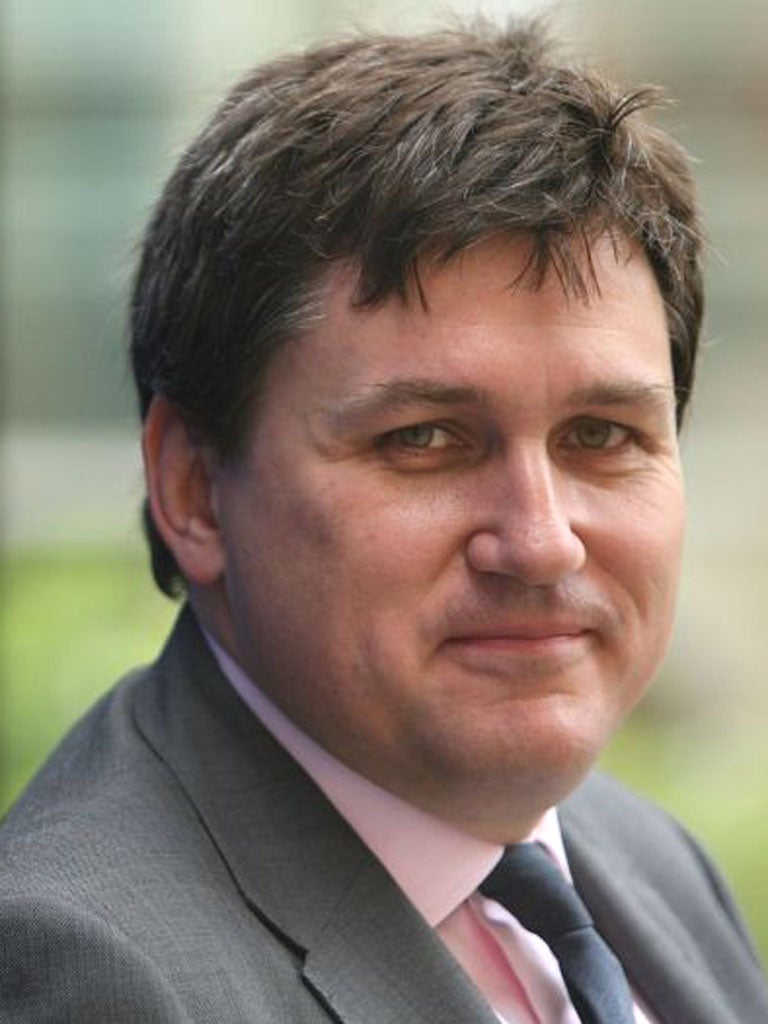Boris's deputy lobbied five times for police to limit hacking inquiry

London's Deputy Mayor is likely to be called by the Leveson Inquiry to explain why he put pressure on two of Scotland Yard's most senior officers to limit the resources being devoted to the phone-hacking inquiry.
For the second week in a row, evidence of Kit Malthouse's attempts to influence police policy was revealed to Lord Justice Leveson. Yesterday Assistant Commissioner Cressida Dick said she had been forced to "put down a marker" about the Met's operational independence after Mr Malthouse had lobbied her three times last year about the increasing police manpower being devoted to phone hacking.
The comments from Ms Dick, who took over from John Yates after he resigned over alleged links to a former executive at the News of the World, will increase the already significant political pressure on Mr Malthouse. Last week the former Met Commissioner Sir Paul Stephenson revealed that Mr Malthouse, who is responsible for policing in London, had urged him to scale back the phone-hacking investigation on several occasions.
The shadow Home Office minister Chris Bryant, who has described Mr Malthouse's actions as "political manipulation", repeated his call for the Mayor, Boris Johnson, to sack his deputy. He told The Independent: "The comments today by Assistant Commissioner Cressida Dick have definitely weakened Mr Malthouse's position."
Ms Dick told the inquiry that Mr Malthouse spoke to her after Scotland Yard launched its new phone-hacking inquiry in January last year. She said the Deputy Mayor, who chaired the Met Police Authority and continues to head its successor body, the Mayor's Office for Policing and Crime, had said to her on two occasions: "I hope you're not putting too much resources into this [Operation Weeting], Cressida."
When Mr Malthouse repeated his warning a third time, she reminded him where the authority for the Met's operational strategy resided. "I said: 'That's my decision, not yours, that's why I'm operationally independent'."
Offering Lord Justice Leveson the reasons why she "wanted to put down a marker", Ms Dick said: "I didn't want to compromise him. In such a charged investigation that would have compromised him and us."
Mr Malthouse's office continued to defend his interventions, stating it was "entirely proper" for him to examine the reasoning behind the allocation of resources into the phone-hacking inquiry. His office said it was his job to hold the Met to account.
Operation Weeting and Operation Elveden, which is looking into police corruption, and the investigation into computer hacking, Operation Tuleta, is currently being staffed by almost 170 officers. It is one of the largest investigations ever undertaken by the force.
With witness lists still being finalised for the second module of the Leveson Inquiry, which is examining the relationship between the press and the police, Mr Malthouse is almost certain to have to defend his lobbying.
Yesterday the inquiry also heard from the head of Her Majesty's Chief Inspector of Constabulary, Sir Denis O'Connor. He said that in 2009, when The Guardian published new details about the News of the World, he thought the revelations "merited some sort of independent review".
He told the inquiry that discussions had taken place with the then Home Secretary, Alan Johnson, and a Home Office minister. "But there was no appetite for HMIC being involved."
